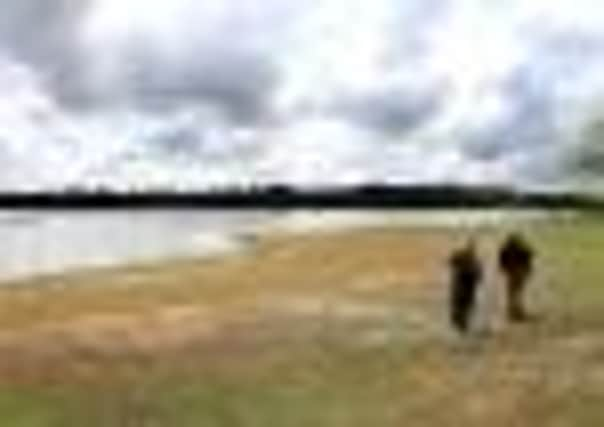Water usage alert issued to farmers in one of driest winters on record


While temperatures have fallen and snow has blanketed the region this month, England’s rainfall has been less this winter than it was before the infamous summer drought of 1976 which brought wild fires and damage to crops.
Droughts conditions are widely expected to be confined to the south of England – with the last five months in East Anglia having been the driest since records began.
Advertisement
Hide AdAdvertisement
Hide AdThe picture looks much less worrisome regionally, with Yorkshire Water assuring the public that reservoir levels were “healthy” in the county.
However both the water company and the Environment Agency confirmed that rainfall in parts of the region had been much less than normal, with rainfall in South Yorkshire said to have been “extremely low”.
Environment Agency regional water resource manager Simon Ross told the Yorkshire Post that restrictions on water use for farmers – namely the abstraction of water from rivers – in the East Riding were “a certainty” this summer.
“River flows on the River Hull and River Derwent are low and we are seeing soils in parts of East Yorkshire being really dry.
Advertisement
Hide AdAdvertisement
Hide Ad“We would expected moisture levels to be much higher at this time of year.”
He added that the recently melted snow “would not make a huge difference” to water levels.
The Environment Agency will later this month publish a report for Defra Secretary Caroline Spelman outlining the state of water stocks.
Yorkshire Water confirmed that “it does not anticipate any restrictions in the near future”.
Advertisement
Hide AdAdvertisement
Hide AdMiranda Foster, senior hydrologist at Yorkshire Water said: “We’re confident that due to the winter rainfall our reservoir stocks are at a very healthy level for this time of year. We constantly monitor rainfall, reservoirs and underground sources to manage demand and ensure our customers continue to receive an excellent supply.”
Comment: Page 12.